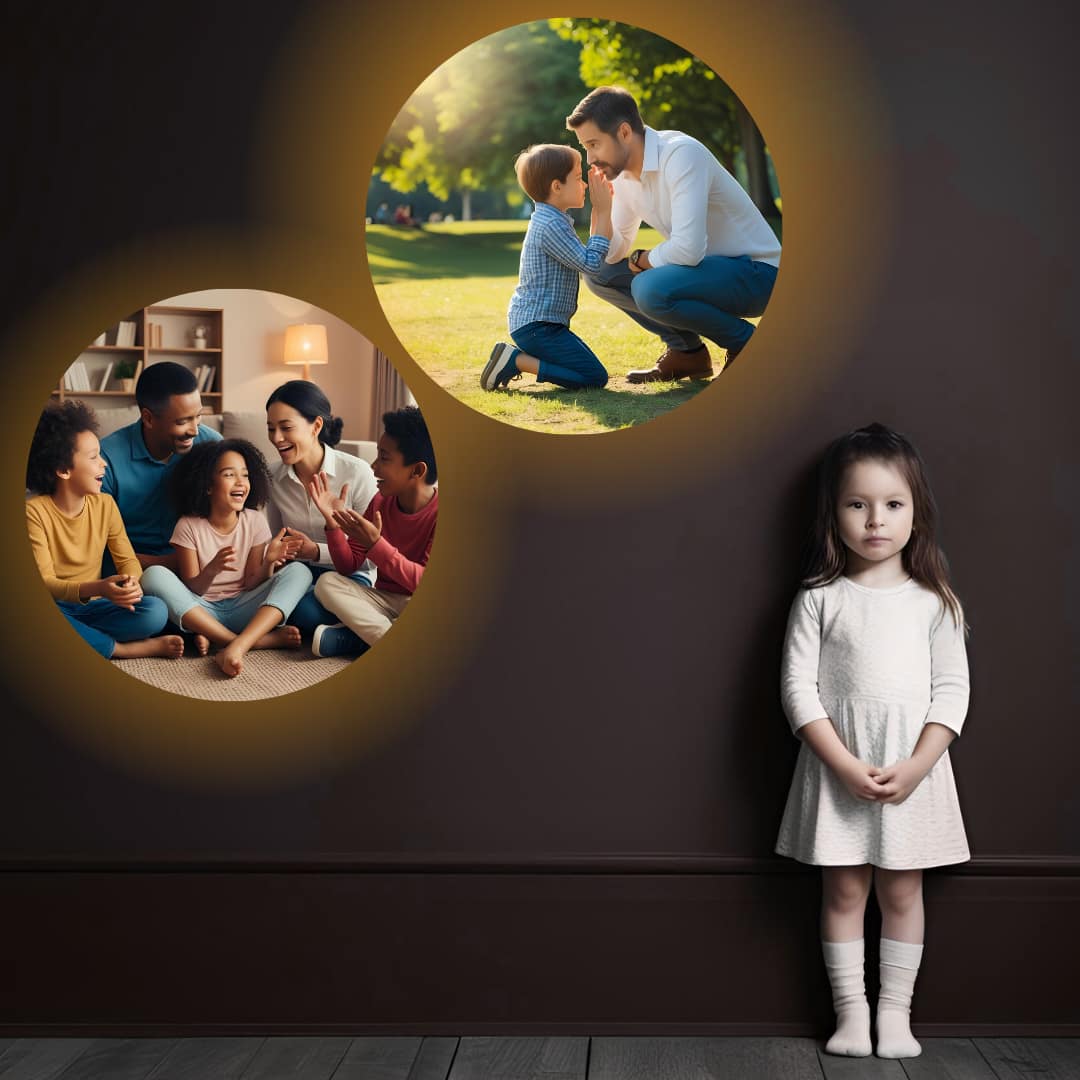
As much as parents give food, clothing, shelter, money, and take children to school, etc. they fail to realize that children are individuals with growing personalities at any age. In the course of development, when children seek independence, parents may punish them and thereby distort their self-images and possibly make them develop hopeless thoughts. It is very important that there is always a channel of communication between a parent and their child. Children’s feelings and ideas remain bottled up and unheard and when they are manifested, they come out in a wrong way or in a wrong company. The need to discuss and create safe spaces to address the issues cannot be overemphasized. The children grow under the shadow of their parents and are encouraged not to ask questions or express their ideas and concerns. This pattern of silencing makes children feel that their opinions do not matter, and such unhealthy communication patterns are taken to adulthood.
This is during the socialization age when children are like sponges full of capacity to learn and imbibe from their environment. However, there is one important factor that often parents neglect understanding and valuing the developmental process of a child and their ability to express themselves. From the time that children are able to understand things, they have their own ways of perceiving. They have their own opinion that they cherish and have goals that they want to achieve in future. They rely on the support of their parents, but at the same time they want to be on their own and show what they are capable of. When children’s voices and emotions are ignored or suppressed, they are left to suffer from loneliness, smothering, or the oppressive pressure from parents, schools, and other important relations. They undergo emotional neglect, and this can greatly affect their personalities that are in the process of being developed.
When adults underestimate the feelings of the child by sayings like ‘you will know it when you grow up’ or ‘just do as I tell you,’ they are setting seeds of guilt and inferiority in the kid. These messages get instilled in children, and they end up developing low self-esteem and emotional issues that they take with them to adulthood. The best lessons that can be taught to a child are not simply taught but demonstrated. With respect for children and their ability to develop their own unique personalities, children learn how to be polite and refrain from offending others, as well as how to cope with their feelings by observing how the grown-ups do it. Parents being able to model appropriate social skills, self regulation, and appropriate ways of expressing feelings, children mimic the same in their own conduct.
The worst thing that can be done to a child is to constantly shut down their real selves and the development of their personality. Treating children as thinkers with voices that matter cannot be simply considered an act of kindness. It’s essential for healthy development. When parents provide children with the platform to feel understood and appreciated, the children grow into emotionally intelligent adults. The attachment formed in these years determines how the child is going to perceive the self and the environment in the future.
Remember children do not require ideal role model parents, but they need parents who listen to them, acknowledge the process of growing into an individual. But if parents want to take help from someone professional they should contact with school counselor or student’s career counselor for understanding what is the blocking area in their communication. Children also need to understand that they have to control the mold they are getting into as being. They have to initiate and always keep remembering their elders about their thoughts. If once you are successful, parents will be at peace.
– The Author is Mr. Ajay Thiara , Founder & Managing Director of 360 College Review

